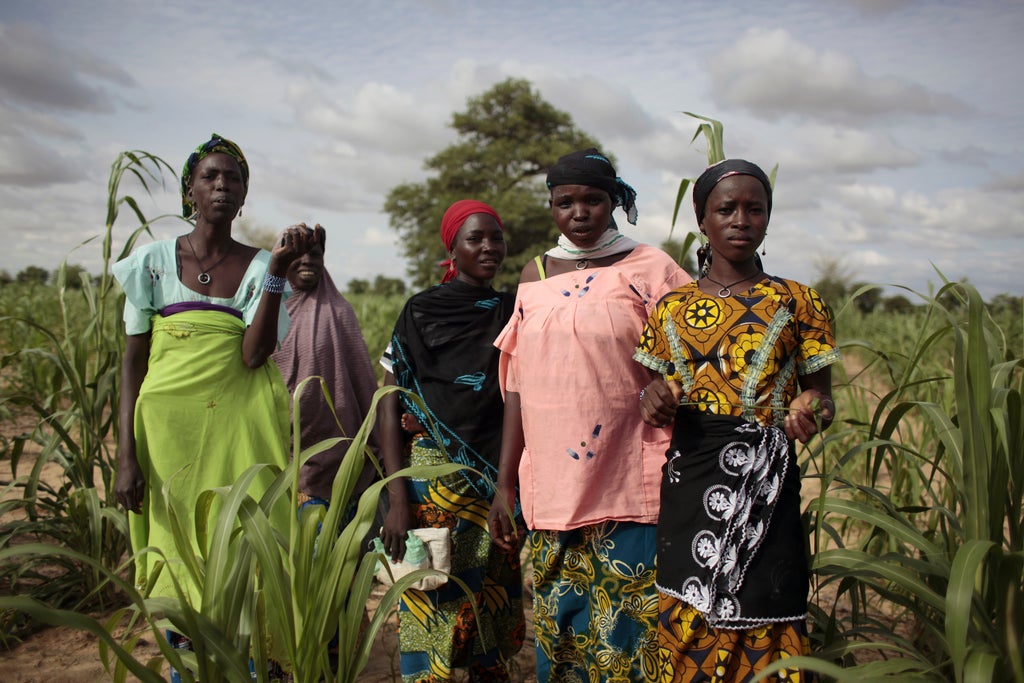
West Africa is facing its worst food crisis in a decade due to increasing conflicts, droughts, floods and the war in Ukraine, nearly a dozen international organizations said in a report Tuesday.
The number of West Africans needing emergency food assistance has nearly quadrupled from 7 million in 2015 to 27 million this year in nations including Burkina Faso, Niger, Chad, Mali and Nigeria, where thousands have also been displaced because of rising Islamic extremist violence, the report said.
That number could jump to 38 million by June if action isn’t taken soon to help people in the Sahel, the sweeping region south of the Sahara Desert, the groups warned.
“Cereal production in some parts of the Sahel has dropped by about a third compared to last year. Family food supplies are running out. Drought, floods, conflict, and the economic impacts of COVID-19 have forced millions of people off their land, pushing them to the brink” according to Assalama Dawalack Sidi, Oxfam’s regional director for West and Central Africa.
Children are suffering deeply, with estimates by the United Nations saying that some 6.3 million children 5 years and under will be acutely malnourished this year. Young girls will also face the brunt of the problem, being forced into early marriage or facing gender-based violence as food becomes scarcer, the 11 international organizations said.
Drought and poor rainfall distribution have reduced the food sources in many communities in the central Sahel region, the report said. Food prices have increased by up to 30% in West Africa, it said.
Global prices have risen as trade has been interrupted by the war in Ukraine, according to the U.N. Food and Agriculture Organization. Wheat availability will also be greatly affected in six West African countries that import at least 30% of their wheat from Russia and Ukraine, it said.
The crisis in Europe is also resulting in funding cuts to aid in Africa and $4 billion is needed to provide adequate support to the continent, the report said.
“Ukraine is receiving the right level of solidarity and care, this level should be the standard for responses to all crises, everywhere else,” said Moumouni Kinda, director-general of ALIMA.
The appeal comes before a conference on the Sahel on Wednesday which Oxfam’s Sidi said will be “a unique opportunity to mobilize the necessary emergency food and nutrition assistance and to prove that the lives of people in Africa are not worth less than those in Europe.”







